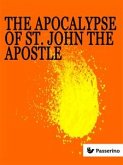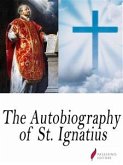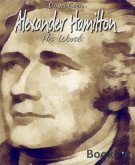Sir George Alexander (1858–1918), born George Alexander Gibb Samson, was an English stage actor, theatre producer and theatre manager. After acting on stage as an amateur he turned professional in 1879 and, over the next eleven years, he gained experience with leading producers and actor-managers, including Tom Robertson, Henry Irving and Madge and W. H. Kendal.
During this time, Alexander became interested in theatre management. In 1890 he took a lease on a London theatre and began producing on his own account. The following year, he moved to the St James’s Theatre, where he remained, acting and producing, for the rest of his career. Among the most successful of the new plays he presented were Oscar Wilde’s Lady Windermere’s Fan (1892), A. W. Pinero’s The Second Mrs. Tanqueray (1893) and Wilde’s The Importance of Being Earnest (1895).
Alexander followed Robertson and the Kendals in preferring a naturalistic style of writing and acting to the extravagantly theatrical manner favoured by some earlier actor-managers. He built around him a company of fine actors, many of whom were or later became leading figures in the profession, including Henry Ainley, Arthur Bourchier, Constance Collier, Julia Neilson, Fred Terry and Marion Terry. As an actor, Alexander’s range was limited, and he did not attempt the great heroic roles or play much tragedy. His genre was naturalistic, and rarely very profound, comedy and drama, in which he was a recognised leader.
During this time, Alexander became interested in theatre management. In 1890 he took a lease on a London theatre and began producing on his own account. The following year, he moved to the St James’s Theatre, where he remained, acting and producing, for the rest of his career. Among the most successful of the new plays he presented were Oscar Wilde’s Lady Windermere’s Fan (1892), A. W. Pinero’s The Second Mrs. Tanqueray (1893) and Wilde’s The Importance of Being Earnest (1895).
Alexander followed Robertson and the Kendals in preferring a naturalistic style of writing and acting to the extravagantly theatrical manner favoured by some earlier actor-managers. He built around him a company of fine actors, many of whom were or later became leading figures in the profession, including Henry Ainley, Arthur Bourchier, Constance Collier, Julia Neilson, Fred Terry and Marion Terry. As an actor, Alexander’s range was limited, and he did not attempt the great heroic roles or play much tragedy. His genre was naturalistic, and rarely very profound, comedy and drama, in which he was a recognised leader.









